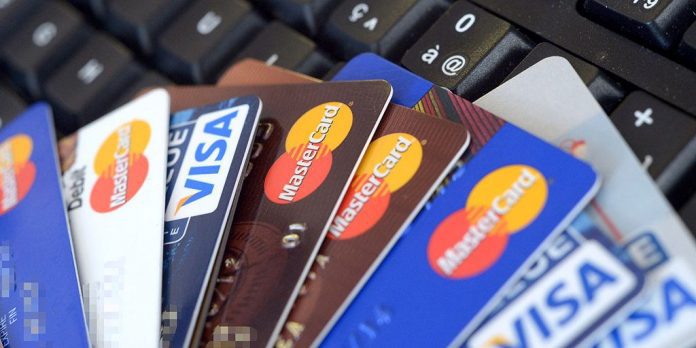- Banks are demanding higher credit scores as part of tightened rules
- Some banks are insisting on credit scores as high as 780, whereas the average score earlier used to be around 700
Banks have started demanding high credit scores as they begin to tighten risk assessments of potential credit card customers amid rising delinquencies in large chunks of unsecured loan portfolios.
Some lenders are seeking credit scores as high as 780 to onboard a new credit card customer. The average score earlier used to hover around 700.
Credit scores have become a key metric for assessing risks before sanctioning loans and other credit products.
The higher the score, the less risky is the loan applicant.
Post covid-19, banks are rethinking their strategy for unsecured loans, and credit cards are no exception.
A senior private sector banker said rules have been tightened so that only applicants that pass the initial smell test are sanctioned a credit card.
There are, of course, he said, other internal risk assessment models, but credit score is the first step towards assessing risk.
“We have raised our credit score requirements and are telling only those customers to apply who meet that criterion. However, it is difficult to quantify how much it has been raised to as it varies and is also based on the industry where he or she is employed,” said the banker cited above.
The move has resulted in slower growth in the outstanding pool of credit cards in India.
Between March and December last year, the outstanding pool of credit cards grew 4.6%. The growth was significantly higher at 17.5% in the same period in 2019, showed data from the Reserve Bank of India.
In fact, between March and August 2020, a period that coincides with the six-month moratorium on loan repayments, outstanding credit cards remained near stagnant, growing 0.14%.
Besides, credit card spends at point of sale (PoS) terminals and automated teller machines (ATMs) were down 4.1% year-on-year (y-o-y) in December last year, indicating that demand, though reviving, still has some way to go.
“The same set of marginal customers, which banks used to source maybe a year back and you would have seen sailing through, would not be able to do so now with the same credit score,” said Pankaj Bansal, chief business development officer at Bankbazaar.com, a financial services marketplace.
“Some of the banks are tweaking the credit score and if they were asking for 700 earlier, they would now be looking for 720 or 715, based on their internal benchmarks. Besides, it is not about only credit score, but a combination of credit and other scoring models that banks operate on.”
When covid-19 struck, the effect was evident at SBI Cards and Payment Services Pvt Ltd. (SBI Card), the credit card subsidiary of State Bank of India, through the unfettered rise in bad loans in the September quarter to 4.29%. However, the company was able to bring it down to 1.61% in the December quarter.
Experts said not only are banks seeking higher credit scores, but there is also a growing reluctance to issue cards to professionals from certain sectors such as aviation and hospitality, among others. For existing cardholders, the limits are being relooked at.
These sectors were among the worst-hit by the pandemic, and lenders prefer to wait for a rebound in no uncertain terms.
On the other hand, customers who have not defaulted through the pandemic are being doled out extra perks, and their credit limits are being enhanced.
“We are going all out on customers who regularly repaid during last year. Banks are also offering them loans against credit cards,” said the private sector banker cited above.


